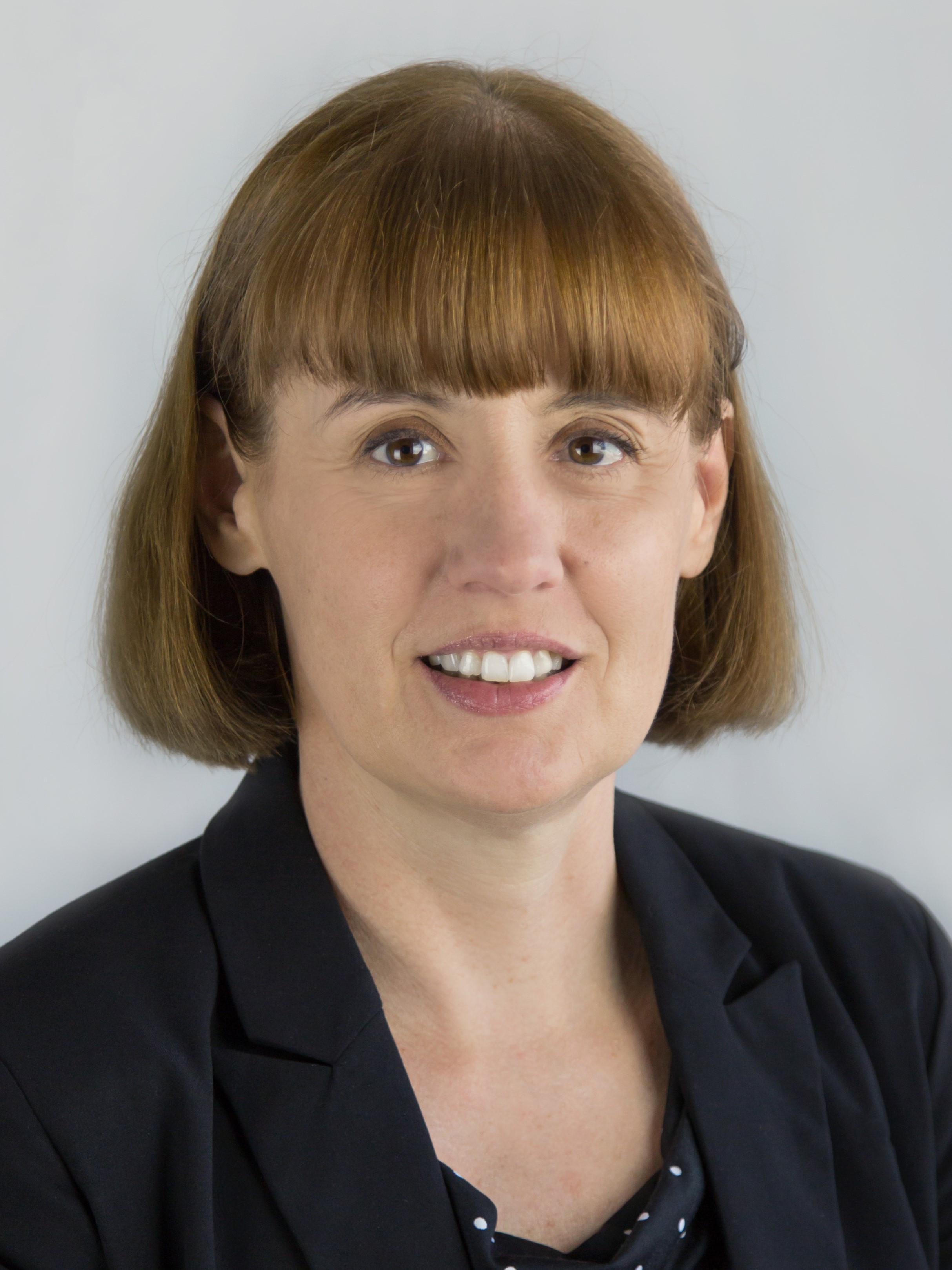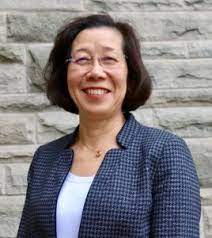Digital Twins with Machine Learning for a Sustainable Future
Partners: London Hydro
In 2019, in the US, 1.72 billion metric tons of CO2 were generated by the electric power industry, 25% more than gasoline and diesel combined. As buildings represent 40% of the total energy consumption, improving building energy consumption is essential for achieving Canada’s objective of net-zero greenhouse gas emissions by 2050. Optimizing building performance requires technologies such as digital twins, artificial intelligence (AI), and Internet of Things. Digital Twin is a digital representation of the building that continually evolves and reflects the real-world building based on real-time data from sensing/IoT systems. On the other hand, Machine Learning (ML) enables insights into building dynamics and establishes a platform for learning about how people use the buildings. The objective of this project is to integrate digital twins with ML/AI for improved building energy modelling and real-time monitoring in support of net-zero targets. In collaboration with London Hydro, the Western team will create digital twin replicas of real-world buildings that reflect building operations through IoT sensors. AI/ML will be integrated to learn from historical data, provide energy forecasts, and assist in energy conservation. Combining these systems will improve our understanding of energy systems with associated energy consumption patterns and assist in identifying opportunities for Carbon reduction.
Researcher Biographies
Katarina Grolinger
 Dr. Katarina Grolinger is an Associate Professor in the Department of Electrical and Computer Engineering at Western University, Canada, and a faculty affiliate at Vector Institute for Artificial Intelligence, Toronto. She serves as an Associate Editor for IEEE Transactions on Industrial Informatics and is on the editorial board of Smart Cities journal. In 2022, she was awarded the Engineering Junior Faculty Award for Excellence in Research by Western Engineering. Last three years, she has been chairing a resource allocation committee for Digital Research Alliance of Canada. According to Google Scholar, just in 2022, her work was cited over 850 times, and on Web of Science, three of her publications are among the top 1% most cited publications in their respective research area, publication year, and document type. Dr. Grolinger works on the intersection of machine learning and IoT: she is developing holistic and responsible machine learning solutions for smart systems in order to circumvent barriers to machine learning adoption in engineering practice and increase economic and social benefits of machine learning.
Dr. Katarina Grolinger is an Associate Professor in the Department of Electrical and Computer Engineering at Western University, Canada, and a faculty affiliate at Vector Institute for Artificial Intelligence, Toronto. She serves as an Associate Editor for IEEE Transactions on Industrial Informatics and is on the editorial board of Smart Cities journal. In 2022, she was awarded the Engineering Junior Faculty Award for Excellence in Research by Western Engineering. Last three years, she has been chairing a resource allocation committee for Digital Research Alliance of Canada. According to Google Scholar, just in 2022, her work was cited over 850 times, and on Web of Science, three of her publications are among the top 1% most cited publications in their respective research area, publication year, and document type. Dr. Grolinger works on the intersection of machine learning and IoT: she is developing holistic and responsible machine learning solutions for smart systems in order to circumvent barriers to machine learning adoption in engineering practice and increase economic and social benefits of machine learning.
Girma Bitsuamlak
 Dr. Girma Bitsuamlak is a Professor of Wind Engineering and Director of Western University's WindEEE Research Facilities, including the WindEEE Dome, Boundary Layer Wind Tunnel, and Three Little Pigs Laboratories. He also leads the Sharcnet advanced research computing center. His research centers on wind-resilient built environment, focusing on two key areas: modeling the impact of extreme synoptic and non-synoptic wind phenomena on buildings e.g., hurricane and tornado, respectively; and unraveling the interplay between aerodynamics and other micro-climate factors for sustainable building design and integrating them with digital twin. Dr. Bitsuamlak's research combines computational fluid dynamics-based simulations using high-performance computing with physical experiments at the WindEEE Research Facilities (www.windeee.ca). He is a Fellow of the Canadian Society of Civil Engineers and has published over 200 peer-reviewed articles in journals and conference proceedings focused on wind engineering and building science, employing both computational and experimental approaches. He recently completed two terms as a Canada Research Chair in Wind Engineering.
Dr. Girma Bitsuamlak is a Professor of Wind Engineering and Director of Western University's WindEEE Research Facilities, including the WindEEE Dome, Boundary Layer Wind Tunnel, and Three Little Pigs Laboratories. He also leads the Sharcnet advanced research computing center. His research centers on wind-resilient built environment, focusing on two key areas: modeling the impact of extreme synoptic and non-synoptic wind phenomena on buildings e.g., hurricane and tornado, respectively; and unraveling the interplay between aerodynamics and other micro-climate factors for sustainable building design and integrating them with digital twin. Dr. Bitsuamlak's research combines computational fluid dynamics-based simulations using high-performance computing with physical experiments at the WindEEE Research Facilities (www.windeee.ca). He is a Fellow of the Canadian Society of Civil Engineers and has published over 200 peer-reviewed articles in journals and conference proceedings focused on wind engineering and building science, employing both computational and experimental approaches. He recently completed two terms as a Canada Research Chair in Wind Engineering.
Miriam Capretz
 Dr. Miriam Capretz is a Professor of Software Engineering in the Department of Electrical and Computer Engineering and the Associate Dean, Research in the Faculty of Engineering at Western University. Her research focuses on software development in the context of energy efficiency and enhanced use of electrical energy. Data management and machine learning are the main drivers fueling key data science innovations. Her work focuses on the intersection of these two research fields, investigating significant research problems and their associated challenges in the energy sector. She is a senior member of IEEE and ACM (Association for Computing Machinery). She is also an Associate Scientist with the Lawson Health Research Institute.
Dr. Miriam Capretz is a Professor of Software Engineering in the Department of Electrical and Computer Engineering and the Associate Dean, Research in the Faculty of Engineering at Western University. Her research focuses on software development in the context of energy efficiency and enhanced use of electrical energy. Data management and machine learning are the main drivers fueling key data science innovations. Her work focuses on the intersection of these two research fields, investigating significant research problems and their associated challenges in the energy sector. She is a senior member of IEEE and ACM (Association for Computing Machinery). She is also an Associate Scientist with the Lawson Health Research Institute.

